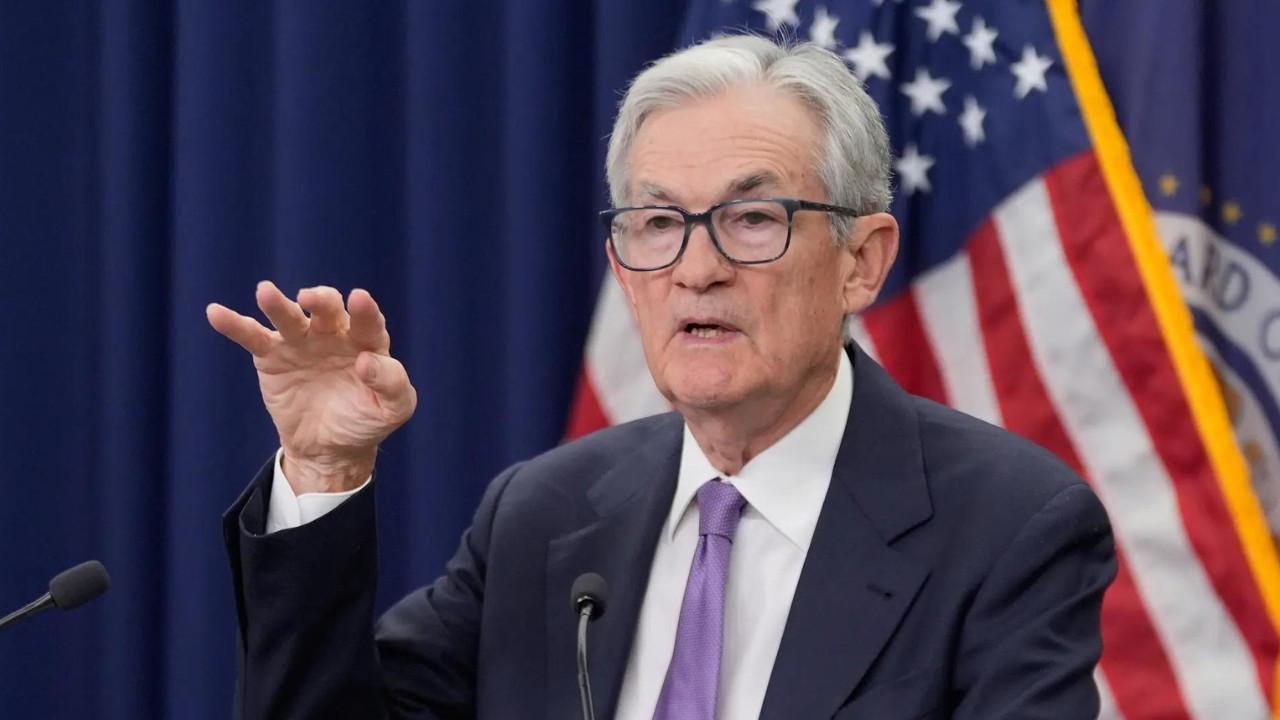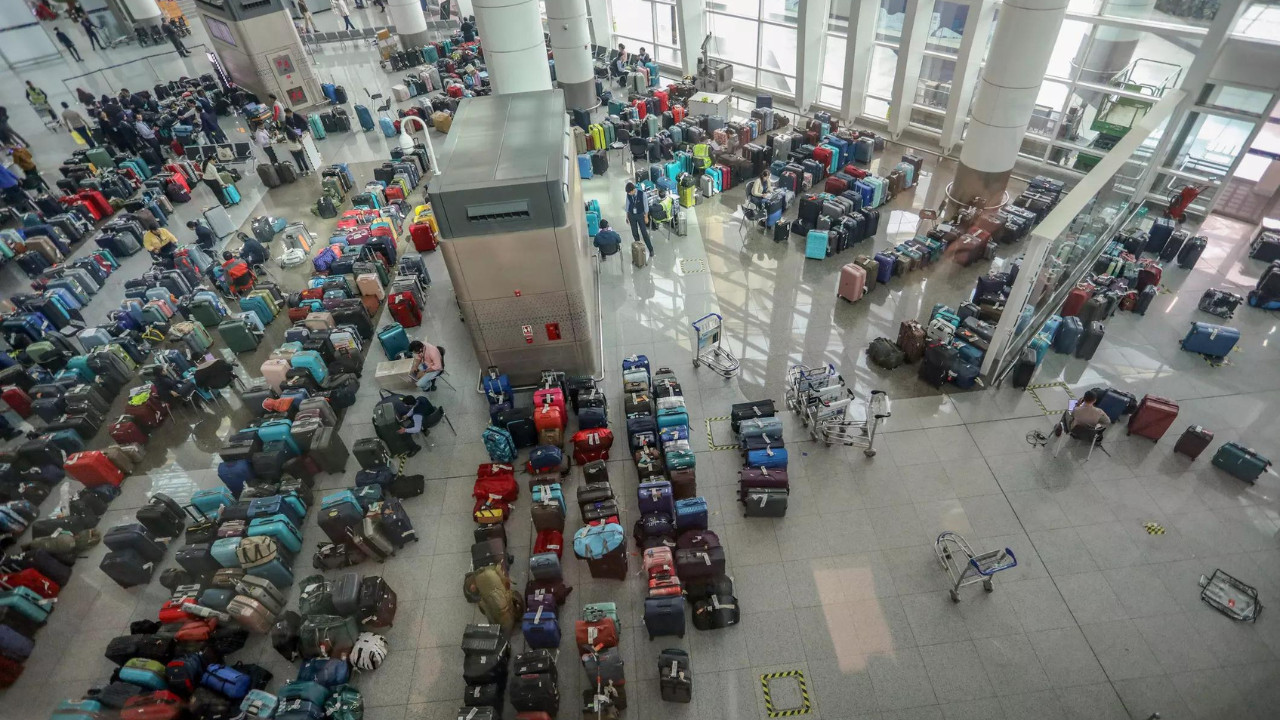A Trillion-Rupee Glitch: When Banking Errors Lead to Surreal Surprises
Imagine checking your bank balance and finding a number so large, so incomprehensible, that it momentarily short-circuits your brain. That’s precisely what happened to a man in India recently – an experience that oscillated between unbelievable joy and the stark reality of a very human error. He wasn’t a lottery winner; he was just a regular guy who briefly became a trillionaire, courtesy of a rather significant banking blunder.

It started like any other day. The individual, whose name has been withheld to protect his privacy, casually logged into his bank account. Instead of the familiar figures representing his hard-earned savings, he was greeted by a balance that stretched across the screen – a staggering one trillion rupees (that’s about $12 billion USD). Suddenly, he was richer than most of the world’s wealthiest individuals.
The initial reaction, understandably, was elation. Who wouldn’t be thrilled? Visions of early retirement, philanthropic endeavors, and a life of unparalleled luxury probably danced in his head. He even reportedly rushed to his bank, eager to understand – and perhaps begin to access – his newfound fortune.
However, the dream was short-lived.
While the trillion-rupee windfall was fleeting, the incident raises some serious questions. How could such a massive error occur in the first place? What safeguards are in place to prevent these kinds of glitches? And what are the implications for the security and reliability of our increasingly digital banking systems?
This wasn’t a case of hacking or fraudulent activity. It was, plain and simple, a computer glitch. While banks invest heavily in cybersecurity and fraud prevention, the possibility of human error and software malfunction always exists. The sheer scale of this particular banking error, however, is a stark reminder of the potential consequences.
The incident also highlights the inherent vulnerability in relying solely on digital representations of wealth. While convenient, these digital balances are only as accurate as the systems that maintain them. When those systems fail, even momentarily, the results can be surreal and, in this case, profoundly disappointing.
What lessons can be learned? Banks need to continuously review and strengthen their internal controls to minimize the risk of such errors. Regular system audits, enhanced data validation processes, and robust disaster recovery plans are crucial. Furthermore, customers should be encouraged to regularly monitor their accounts for any unusual activity. While a trillion-rupee banking error is an extreme example, even smaller discrepancies can be a sign of a more serious issue.
This incident serves as a reminder of the importance of financial literacy and responsible banking practices. Understanding your account statements, regularly monitoring transactions, and promptly reporting any discrepancies are essential steps in protecting your financial well-being. In the digital age, vigilance is key. For more on protecting your financial future, see our guide to avoiding online scams.
While the man in India didn’t get to keep his trillion rupees, his brief encounter with unimaginable wealth offers a cautionary tale and a reminder that even in the digital age, human fallibility remains a factor in the seemingly infallible world of finance. The key takeaway? Trust, but always verify.







